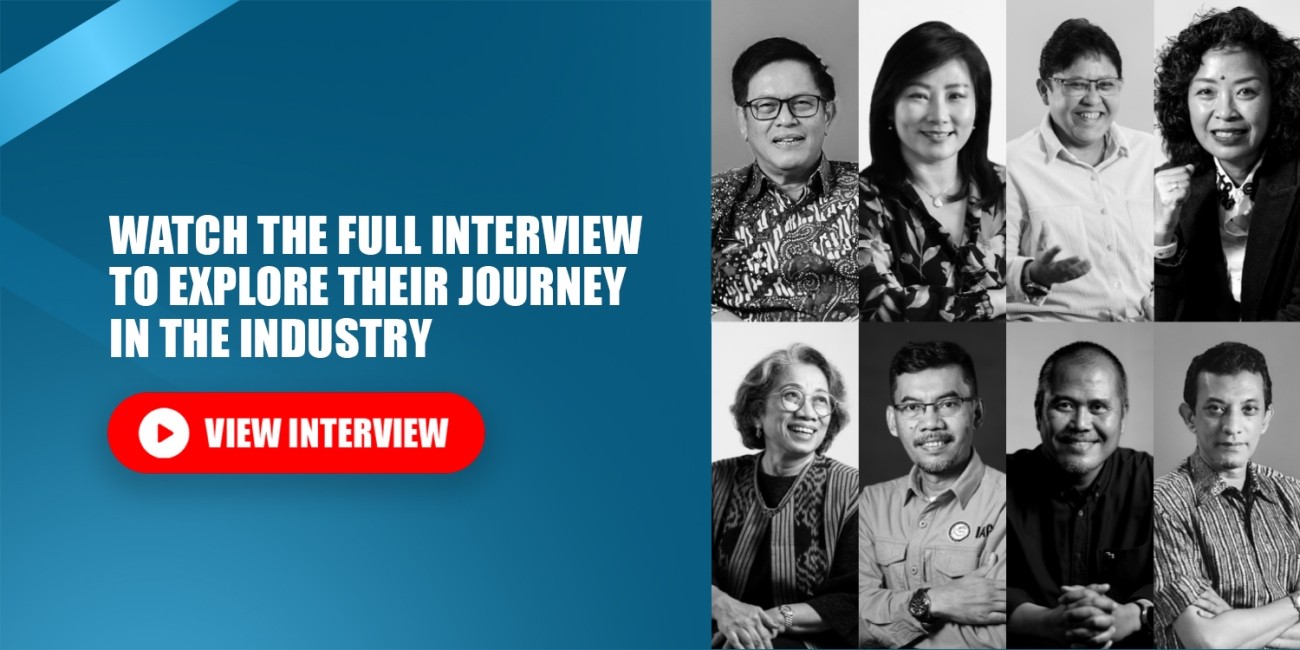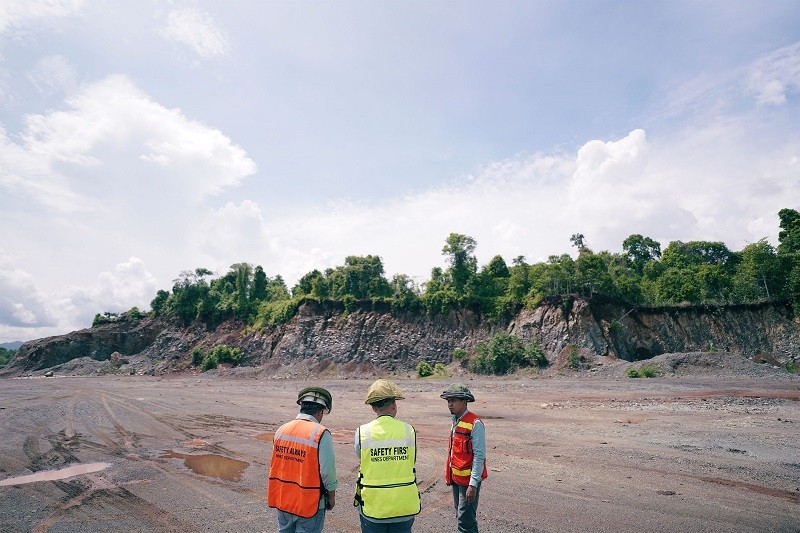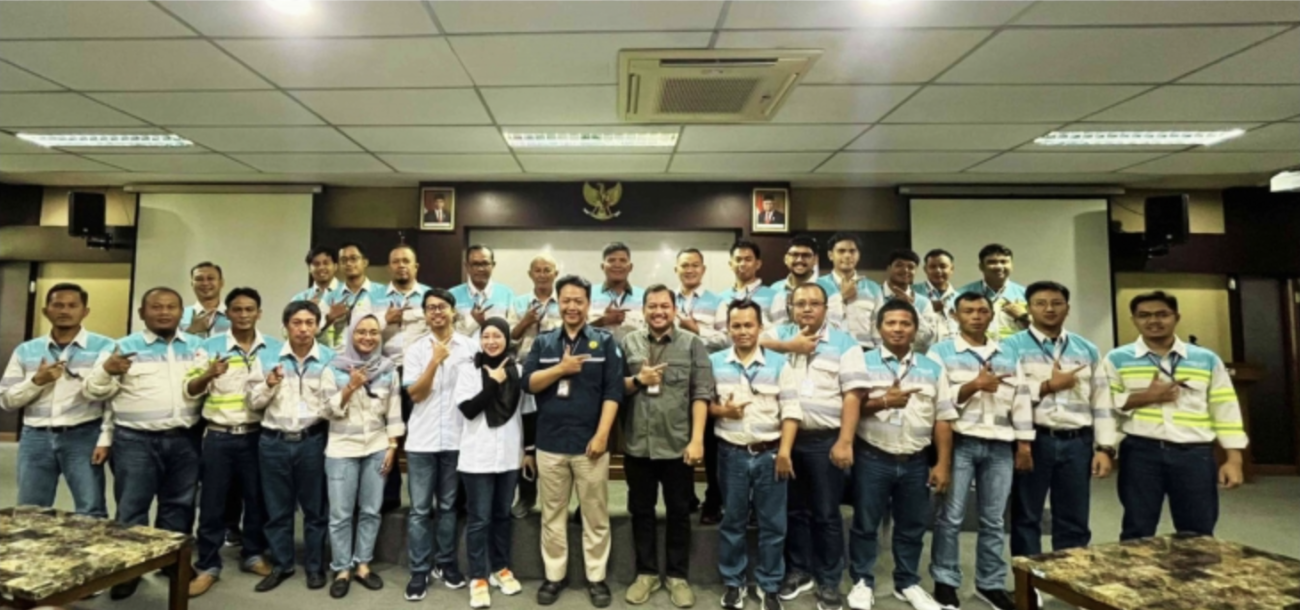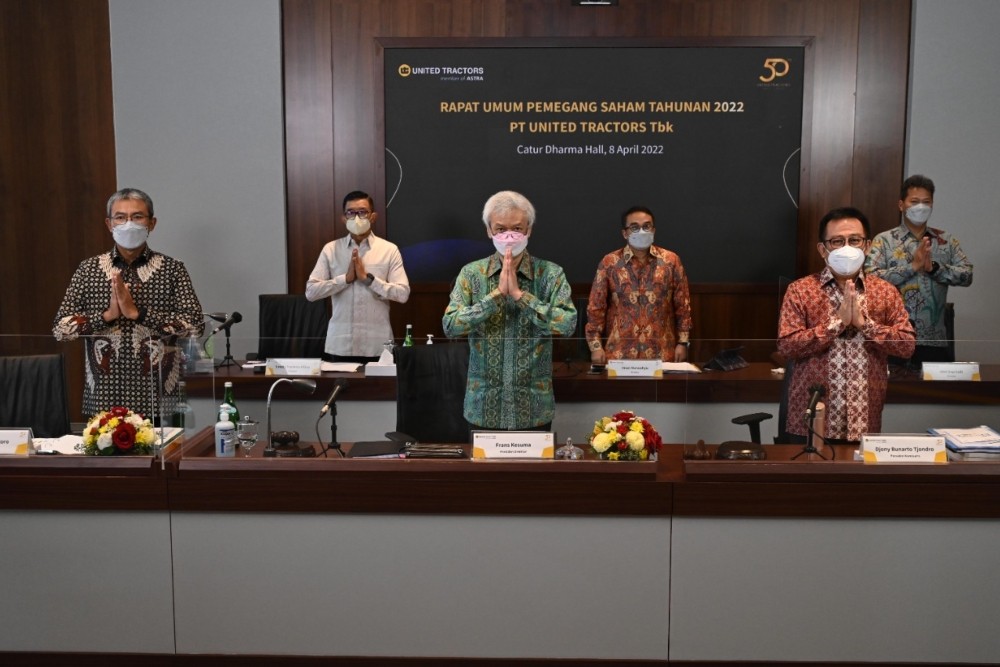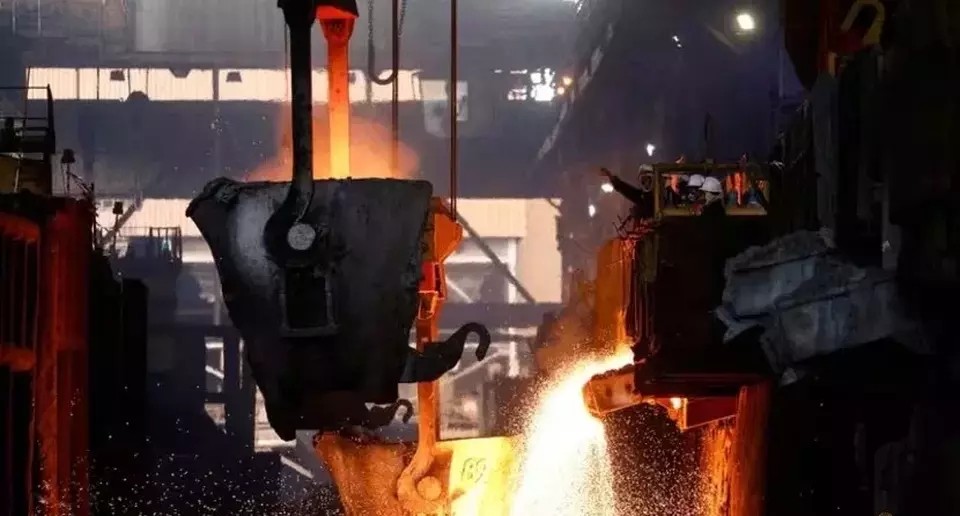The Indonesian Nickel Miners Association (APNI) continues to encourage the acceleration of the domestic battery industry in the midst of the massive use of electric vehicles to accelerate the achievement of Net Zero Emission (NZE) in 2060.
This was conveyed by the General Secretary of APNI, Meidy Katrin Lengkey in a Focus Group Discussion (FGD) with the National Battery Research Institute (NBRI) with the theme 'The role of Nickel in the development of the domestic battery industry'.
"The development of the nickel downstream industry in Indonesia has been very massive with the current establishment which produces around 27 nickel processing industries, both nickel pig iron, ferronickel, and currently a nickel processing industry has been established to process nickel sulfate," said Meidy via virtual, Tuesday (5/5). /4).
Meidy said that currently the upstream nickel industry players are still collaborating with the government, especially the Ministry of Energy and Mineral Resources (ESDM), to discuss domestic nickel ore management, including the need for cutting-edge technology to support production.
"Well, we hope that there is one technology, there is one development, especially how we work together with the NBRI to conduct research, conduct studies related to the structure of minerals in Indonesia so that they are truly efficient," he explained.
Since the nickel processing plant was established in 2014-2015, according to him, nickel business actors have always made studies, then submitted them to the government. This is done because the minerals used are always penalized or rejected because the minerals sent are not suitable.
"There are reasons why the other structures, silica, magnesium, ferrous or other trace minerals are not in accordance with the technology that already exists in Indonesia. This creates a loss for us as entrepreneurs,” he said.
Meanwhile, the chairman and founder of NBRI, Rer Nat Evvy Kartini, said that domestic batteries need to be certified and standardized according to the needs of factories.
"We also have a roadmap where at the beginning we thought it was important to have a test, standardize because the batteries in Indonesia have not yet been standardized. Then this certification technique is also important because it is important from upstream to downstream,” he explained.
NBRI itself is an independent institution that aims to assist battery research capacity from upstream to downstream.
As is known, three main components are needed to make a battery, namely nickel, cobalt and lithium. In Indonesia, nickel reserves are very abundant, so the potential to produce batteries independently is very large. Moreover, in 2021, Indonesia will be able to produce nickel of 1 million metric tons or contribute 37 percent of the world's nickel reserves.
Source: https://www.tambang.co.id/apni-dorong-percepatan-industri-baterai-dalam-negeri-28305/



